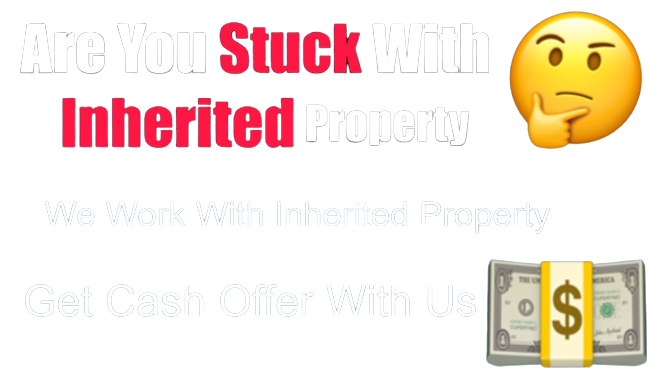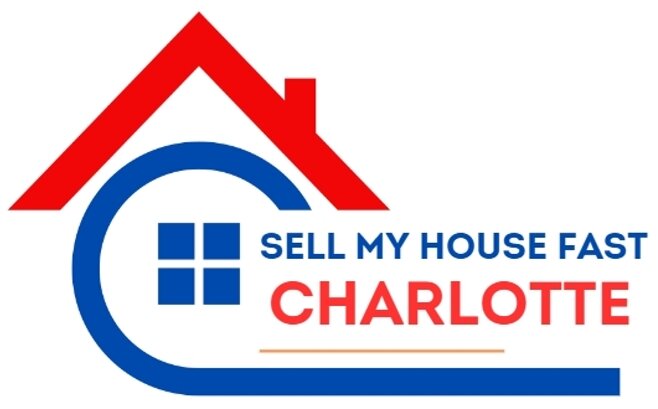Inheriting a property can be a mixed experience, bringing both emotional significance and practical considerations. If you’re dealing with an inherited property in Charlotte, understanding the process and options available to you is crucial. This article will explore the ins and outs of inherited properties, the legal processes involved, and tax implications, along with the importance of consulting legal experts, such as Sell My House Fast CLT, to make informed decisions.
Understanding Inherited Property
Inheriting a property typically happens through a will, or sometimes by default if there is no designated beneficiary. An inherited property often comes with sentimental value and memories, but it also entails responsibilities and decisions. You’ll need to consider property maintenance, tax obligations, and whether to keep, rent, or sell it.
Selling an inherited home in Charlotte can be a practical option, especially if maintaining or renting it is not feasible. However, there are specific steps and legalities involved that may differ from a standard home sale, making it important to educate yourself on the unique aspects of selling inherited properties.
Common Reasons for Inheriting a House
Several situations might lead to someone inheriting a property. The most common reasons include:
Death of a Family Member: The passing of a parent, sibling, or relative often leads to an inheritance. The deceased person may have designated their property to a family member, or if there’s no will, local laws will determine who inherits the estate.
Family Trusts or Wills: Some people inherit homes through family trusts or a will, especially when planning for the future or ensuring their family members have security. In this case, the inheritance process is generally clearer, but there are still important legal steps to follow.
Unexpected Inheritances: Sometimes, people unexpectedly inherit properties from distant relatives. In these cases, the legal aspects can be more complex, and it may require substantial research and legal assistance to handle.
Whatever the situation, inheriting a home in Charlotte often requires careful planning and decision-making, as each reason can come with its own set of responsibilities and financial implications.

Legal Process for Inheriting a Property
The legal process of inheriting property, often called probate, involves transferring ownership of the deceased’s estate to the rightful heir. Probate can be a straightforward or complex process, depending on whether there is a will, the value of the estate, and local laws.
Probate Court: If the decedent left a will, the probate court validates the will and oversees the distribution of assets. If there is no will, the court distributes assets according to state intestacy laws, which vary but typically favor close family members.
Executor’s Role: The executor is the person appointed by the deceased (if mentioned in the will) or assigned by the court to manage the estate. This role involves paying debts, managing expenses, and distributing the remaining assets to beneficiaries. If you are an executor, you are responsible for ensuring all legal and financial matters are handled correctly before transferring ownership or selling the property.
Title Transfer: Once the probate process is completed, the title of the inherited property can be legally transferred to the heirs. This transfer might involve additional paperwork and may require legal advice, particularly if the property has co-heirs or needs significant repairs.

Understanding the Inheritance Law
Inheritance laws vary by state and can influence the complexity of inheriting and selling property in Charlotte. If the property you inherited comes with a mortgage, unpaid taxes, or liens, these issues will need to be resolved before a sale. In some cases, inheritors may also need to settle debts owed by the deceased, which can further complicate matters.
In Charlotte, state inheritance laws also determine tax liabilities, and some states impose estate or inheritance taxes. Familiarizing yourself with these regulations can help avoid costly surprises when it comes time to sell the property. It’s wise to seek legal guidance if you’re unfamiliar with these laws, as understanding your rights and obligations will make the process smoother.
Capital Gains Tax
Selling an inherited property in Charlotte might result in capital gains tax, which applies to the profit made from the sale. However, the IRS provides a benefit known as a “step-up in basis” for inherited property. Here’s how it works:
Step-Up in Basis
The property’s basis (original value for tax purposes) is “stepped up” to the fair market value at the time of the previous owner’s death. This adjustment typically reduces the amount of capital gains tax owed, as you only pay tax on the difference between the sale price and the property’s value at the date of inheritance.
Holding Period
If you hold onto the inherited property for a while before selling it, its value may increase, and this could impact the capital gains tax owed. Consulting a tax professional can help you understand the implications of holding vs. immediately selling the property.
State Taxes
Some states also impose taxes on the sale of inherited property. Being aware of both federal and state tax obligations will help you make an informed decision about whether and when to sell.
Importance of Legal Consultation With Sell My House Fast CLT
Navigating the legal, tax, and emotional considerations of an inherited property sale can be challenging. Working with professionals like Sell My House Fast CLT can provide invaluable support, especially if you’re unfamiliar with real estate transactions or inheritance laws in Charlotte.
Clarity on Legal Requirements: Sell My House Fast CLT can guide you through the probate process and ensure that all necessary legal requirements are met, reducing the risk of costly mistakes. With their help, you can feel confident that the property sale adheres to state laws and that all financial obligations are settled.
Tax Advice: Capital gains tax can be confusing, and tax professionals at Sell My House Fast CLT can help you calculate potential liabilities accurately. They can also advise on strategies to minimize tax impacts, such as taking advantage of the step-up in basis.
Market Knowledge: Real estate professionals at Sell My House Fast CLT can help assess the property’s current market value and recommend the best way to maximize your profit. They’ll understand the local market in Charlotte and may help connect you with buyers interested in inherited properties, making the sale faster and easier.
Simplified Sale Process: Selling an inherited property often involves many steps, from transferring the title to managing taxes. Sell My House Fast CLT can streamline this process, providing you with step-by-step guidance and handling paperwork so you can focus on making informed decisions rather than navigating complexities alone.
Conclusion
Selling an inherited home in Charlotte can be both a relief and a challenge, especially when you consider emotional ties and legal obligations. Understanding the processes involved—from probate and inheritance laws to taxes—empowers you to make informed decisions. Seeking guidance from a qualified company like Sell My House Fast CLT can help make this journey smoother, whether you’re navigating legal complexities or evaluating tax implications. With the right support, you can turn an inherited property into an asset that aligns with your financial and personal goals.

